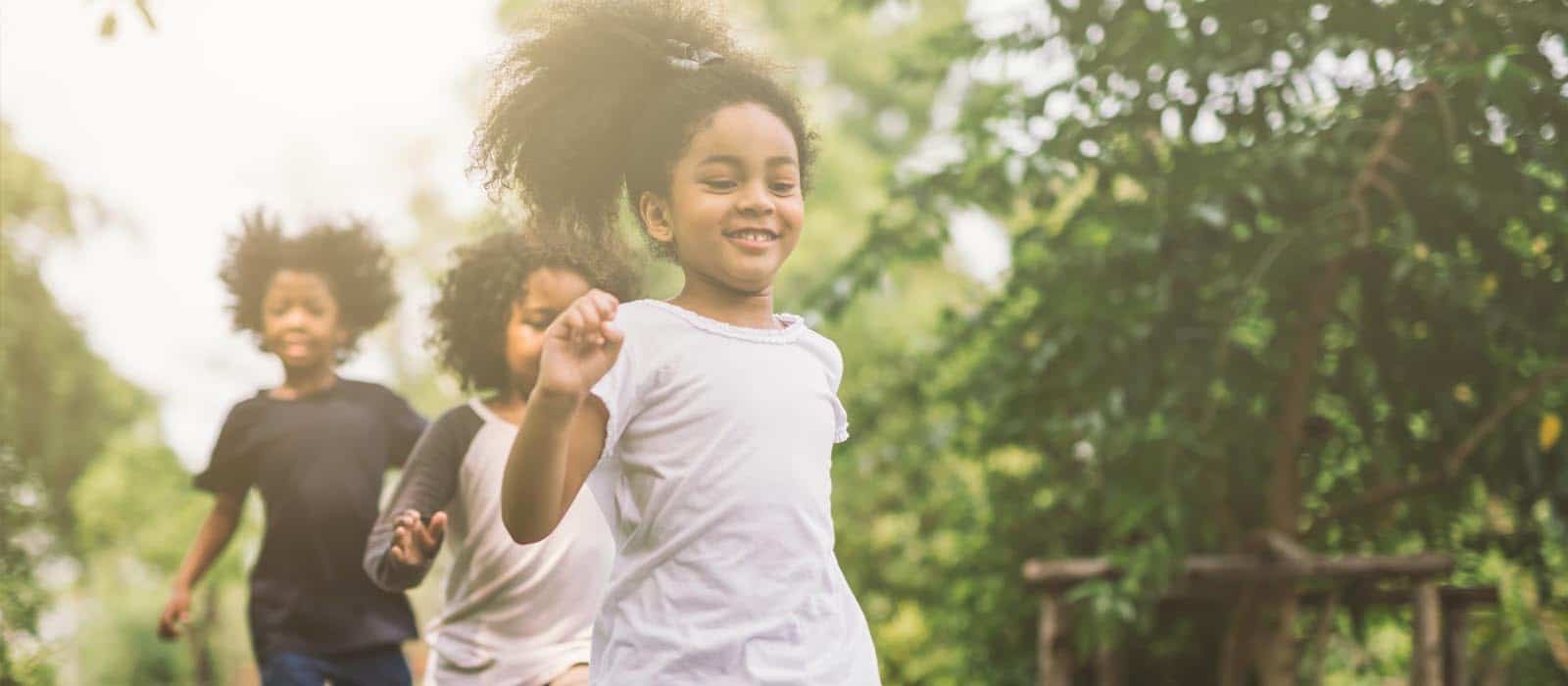Playing Outside: Why It’s Important for Kids
Lantana Pediatrics
I know the summer Texas heat can be a beat down but no matter what the weather brings, playing outside is good for everyone, especially kids. There is scientific evidence that playing outside improves health, and children of all ages love it. Even as the COVID-19 virus continues to spread, outdoor time and nature exploration are safe for most kids.
Playing outside & exploring nature is for all ages
Babies. The earlier you share nature with your baby, the more likely they are to develop a life-long love of the outdoors. Even infants and toddlers can play and learn in nature. Take a walk through the trees using a carrier or stroller. Throw down a blanket on the grass or soft earth. Let your baby enjoy the fresh breezes, bird songs, forest smells, and plant textures. Give them some outside tummy time, blowing bubbles for them to reach for and watch glisten in the sun.
Younger children. Young children are developing and learning from every experience.
- Build nature sculptures with twigs, leaves, cones, rocks, and more by sticking the collected items into a play dough base. Ask your child what kind of patterns they see with the different items. Or, let your child play in the mud with old pots, pans, utensils, and household tools to develop senses and motor skills.
- Bike or walk with the family in your neighborhood or find a new park to explore. Describe what you see along the way and talk about the weather. Use a lot of details to help them learn new words and engage all their senses.
- Take story time outside. Grab a blanket, some books, and find a shady spot to read with your child outdoors. Pick books that talk about nature and help your child make connections.
- Outdoor playdates. Meet up with friends outdoors to build social connections for both children and adults.
Challenge older children & teens. Stay engaged with the outdoors as a family. Take advantage of this time to bond over games and activities you all enjoy or challenge yourselves with something new.
- Hold a nature scavenger hunt or start a nature collection. Look for local plants, trees, animals, and birds. Collect rocks, acorns, leaves, or pinecones. See how many items children can find on a list or gather objects to add to a collection.
- Leave a trail. Organize with the parents of your children’s friends to send kids on “secret spy missions.” One family goes on a walk with sidewalk chalk, drawing arrows and letters along the way to spell out a secret message. The other family must then follow the arrows along the way to record the letters in the message.
- Have a ball. Kicking a soccer ball, throwing a frisbee, jumping rope, or playing any sports you all enjoy can keep the outdoors fun as children get older.
Pack a picnic or plan a barbeque outside with friends and family. Share a meal, take a walk, or play a game together while you enjoy the outdoors.







